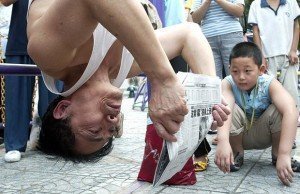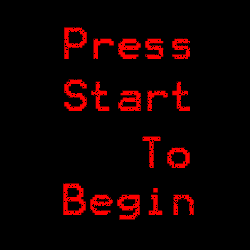I actually find the title of this post misleading because I honestly don’t know how to start this blog post at all but I’m going to try.
I am originally from the bay area ( I lived about 30-40 mins away from San Francisco). I’m an English major and am aiming for a minor in Japanese. I’ve always been interested in the Japanese language since I was a kid growing up watching anime and reading manga (things like Sailor Moon, One Piece, Dragon Ball Z etc…). But I also grew up reading a bunch of western comics like the Justice League or Batgirl among anything I could get my hands on. My house didn’t have room to be keeping a lot of books or bookshelves around. We lived in a shared house with other people and space was limited so most of the time I would read at the library when I could or borrow books from friends at school.
In a way this ties into what Szwed was talking about reading in the home. My parents didn’t really have time to be reading to me because they had to be working most of the day. Which going back to Szwed about there being gaps between reading at school and being read to in the home having some consequences that cause difficulty in reading. I would say that in some ways it did have some affect. I did struggle in school a lot in terms of writing and reading that kept me behind in class so when Szwed talked about this I found it interesting to compare my own experiences.
Because I initially struggled with reading it’s probably why I would avoid the text heavy books. As a kid and even now I’m still very much a visual reader/learner. It’s harder for me to concentrate on text heavy content unless I find that it relates to my interest in some way. Though that isn’t to say I didn’t enjoy reading novels and the like because as I got older and more experience in reading and writing it became easier for me. I found that I could enjoy books and could enjoy writing but it just took me a little longer to get to that realization.
I guess I have to thank video games for that. I used to play a lot of text based games and those required reading a lot. On top of that, video games involved player interaction and like comics its something that I can visually see as well as the added player participation that games allowed, I found them to be very fun and soon became heavily involved with them.
My cousins were the ones to introduce me to video games. I remember often visiting there house to get a chance to play their Nintendo 64. And later on getting my own systems and using those to play all different types of games and interacting with virtual worlds. It’s not something that we always realize but video games that are non-vocal games (games with no voice actors) like Legend of Zelda, Pokemon, or the old Metroid games required the player to read the text and with how long games can range from that can be a lot of reading.
Szwed mentions on page 425-426 about reading that was active and engaging and I felt that video games was that for me because it was something that I was actively participating in and that later on helped improve my reading (helping be able to read faster is one example I can think of). I can see what Szwed means when he says the environment can shape the way someone learns and adapts but also how reading and writing don’t always have to be taught a particular way and I found that to be really interesting and something that I could relate to.
Ok now I think I talked too much but I’m looking forward to this class and what it has to teach me about literacy.
Until the next blog post.
-Marie C.





 Website:
Website: